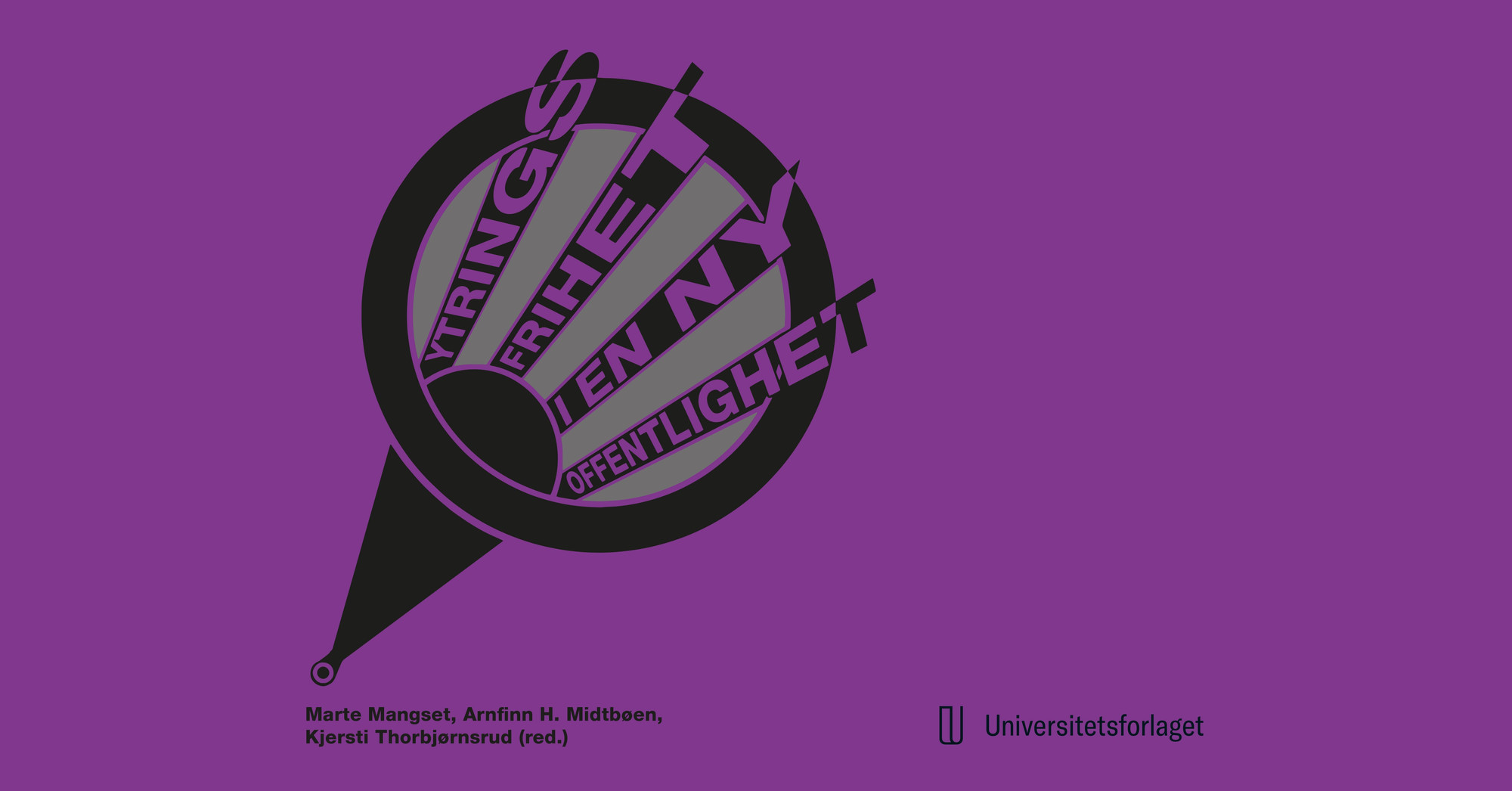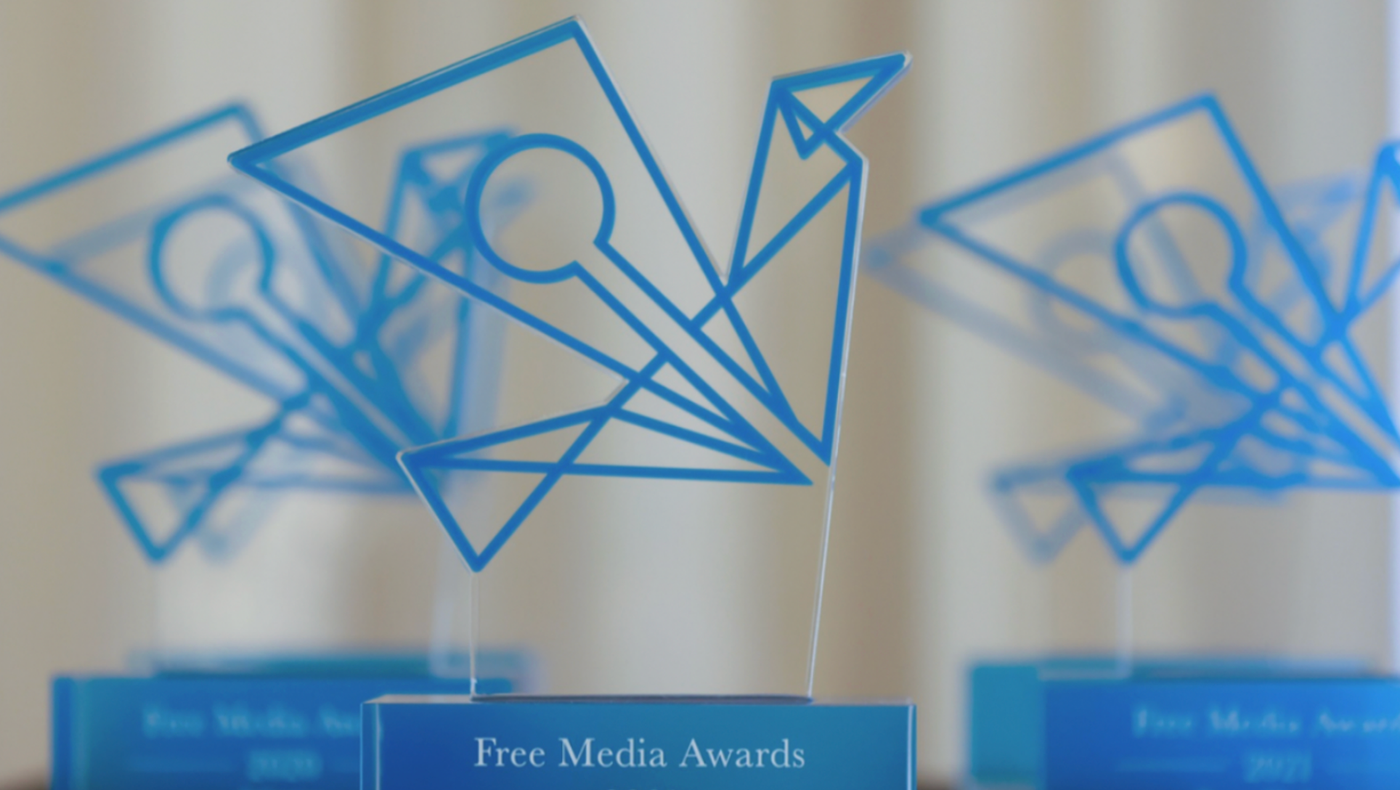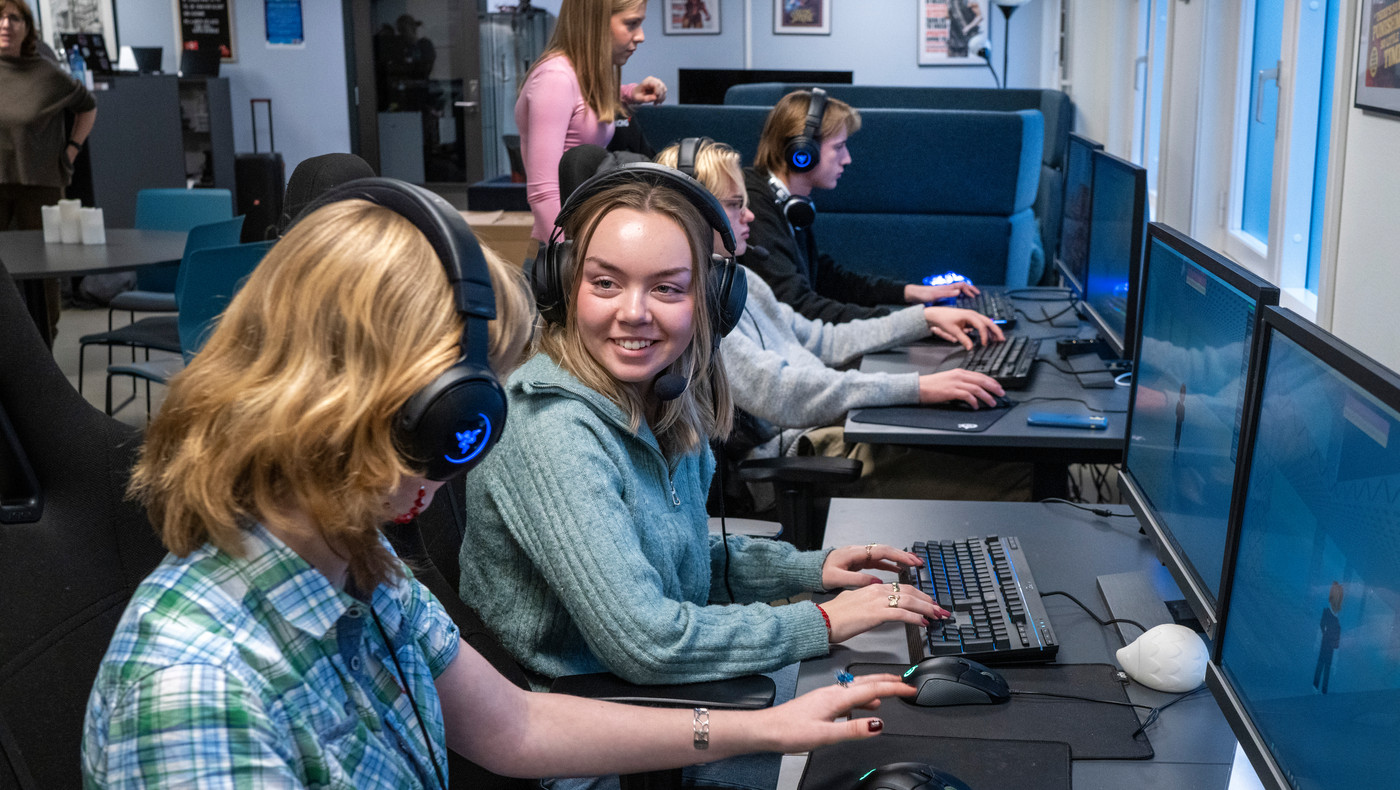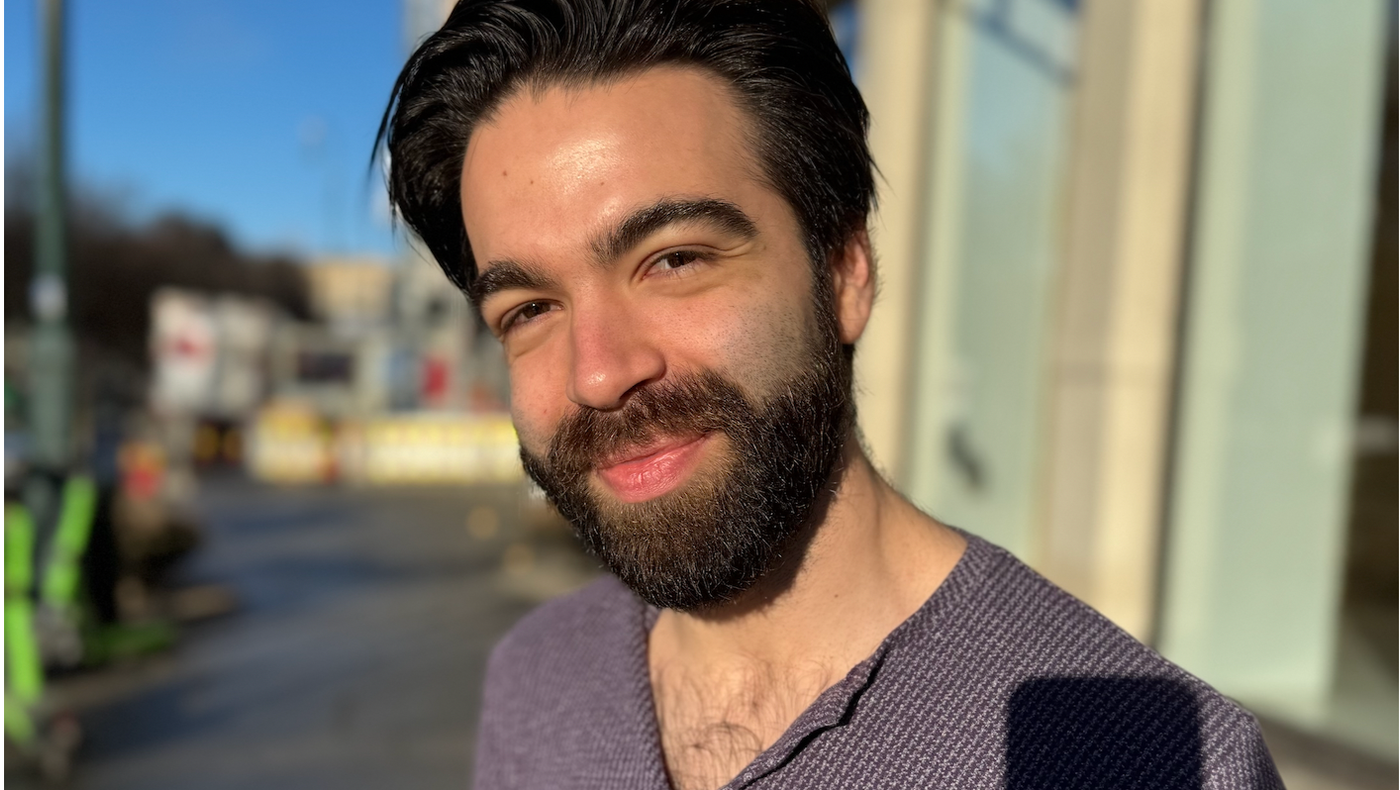How free is the knowledge? Perspectives from climate, immigration and gender research
Fritt Ord and the Institute for Social Research invite the public to the launch of Norway’s first study on the latitude available for freedom of expression and the level of tolerance in academia on Monday, 14 March 2022, from 10 a.m. – 12 noon at Uranienborgveien 2, Oslo.
Is academic freedom of expression at risk? Are there topics that researchers avoid for fear of the consequences? If so, are the threats based on fear of negative reactions in the public sphere, on a reaction to a liberal turn among researchers who are suppressing diversity of opinion, or about the way in which academia is organised through systems for funding and rewards?
This seminar marks the launch of the first part of the book entitled Freedom of Expression in a New Public Sphere. In this context, we are examining experiences involving freedom of expression and the latitude for freedom of expression in academia, based on a survey among researchers in Norway and in-depth interviews with climate, gender and immigration researchers. The book is being published as part of the Monitoring Project on the Status of Freedom of Expression in Norway 2020–22, initiated and funded by Fritt Ord.
Programme:
Welcome by Grethe Brochmann, chair of the Fritt Ord Foundation Board
Free knowledge? The public sphere, institutional structures and professional feuds by Marte Mangset (associate professor, Centre for the Study of Professions, OsloMet)
Diversity in political opinions and the latitude for freedom of expression in academia by Kjersti Thorbjørnsrud (researcher, the Institute for Social Research)
Panel discussion with Anine Kierulf (head of the Expert Group for Academic Freedom of Expression), Fredrik Thue (professor, Centre for the Study of Professions, OsloMet), Hannah Helseth (researcher, the Norwegian Centre for Violence and Traumatic Stress Studies), Torbjørn Røe Isaksen (community editor at E24) and Mari Skurdal (editor of Klassekampen). Moderator: Håkon Gundersen (journalist at Morgenbladet).
Questions from the floor.
The event will take place at the Fritt Ord Foundation’s premises at Uranienborgveien 2, in Oslo. It will also be live streamed on the Internet for those who are unable to attend in person. The presentations and the debate will be done in Norwegian, without subtitles.




